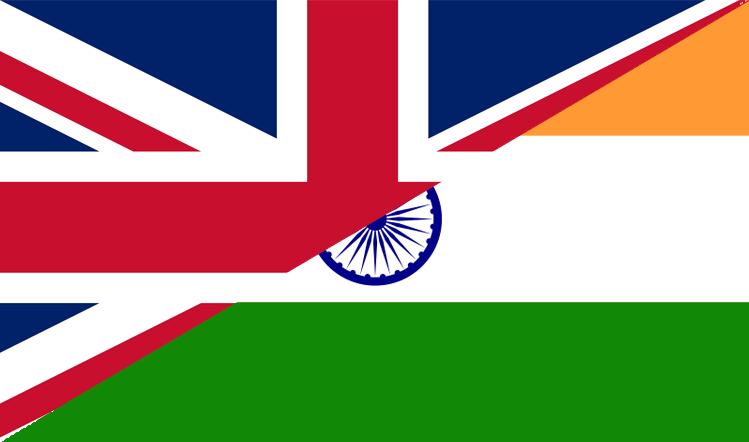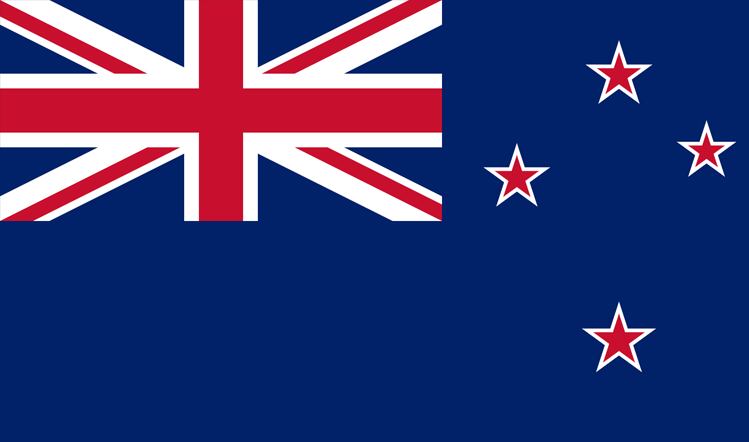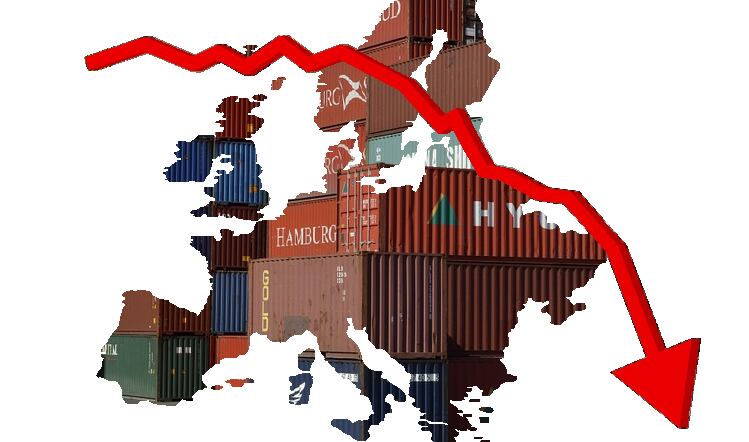Research from Pesticide Action Network (PAN) UK, Sustain Alliance and trade expert Emily Lydgate claimed the UK could face dramatic increases in highly hazardous pesticides (HHPs) in food staples should a trade deal with India be rushed.
The report claimed that the UK would likely face considerable pressure to water down pesticide standards from the Indian government, which was “infamous for lobbying aggressively against protections”.
Josie Cohen, head of policy and campaigns at PAN UK said: “Pesticide regulations aren’t bargaining chips, they are there to protect people’s health. Watering them down to secure a new trade deal would create serious public health risks at home whilst also making our farmers less competitive abroad.
‘Recipe for disaster’
“Deals of this size typically take years to complete – rushing through negotiations without fully thinking through the consequences is a recipe for disaster.”
A trade deal agreed with India could see Indian-produced staples flood the market, which contain significantly higher levels of HHPs than their UK equivalents. The PAN report highlighted that India allowed the use of 62% more HHPs than the UK in produce such as rice, wheat and tea.
The reporter also warned that the double standard could hand foreign businesses a competitive advantage and undercut UK farmers, with a potential loss of about £10m in domestic agricultural output.
Dr Emily Lydgate, reader in environmental law at the University of Sussex, said: “The Indian government has a long record of lobbying to relax levels of permitted pesticide residues, and UK negotiators will inevitably face pressure to weaken domestic regulation.
‘Illegally high levels’
“Indian produce regularly contains illegally high levels of pesticides, and with an already under-resourced UK border force following Britain’s exit from the EU, an FTA that weakens the rules could weaken pose a risk to public health.”
In light of its findings, the report set out a series of recommendations for the UK government.
This included not allowing any weakening of UK pesticide standards via a UK-India free trade agreement, ensuring no currently banned pesticides are allowed for us in the UK and preventing UK farmers from being disadvantaged by cheap food imports produced to weaker standards. A full list can be found ion the box below.
Vicki Hird, head of sustainable farming at Sustain added: “This deal could turn significant health risks to the UK public into a competitive advantage for Indian agribusiness over our own farmers.
“A deal with one of the world’s largest agri-producers risks undermining the considerable efforts being made to ensure UK farming is more sustainable. We must get the details right.”





